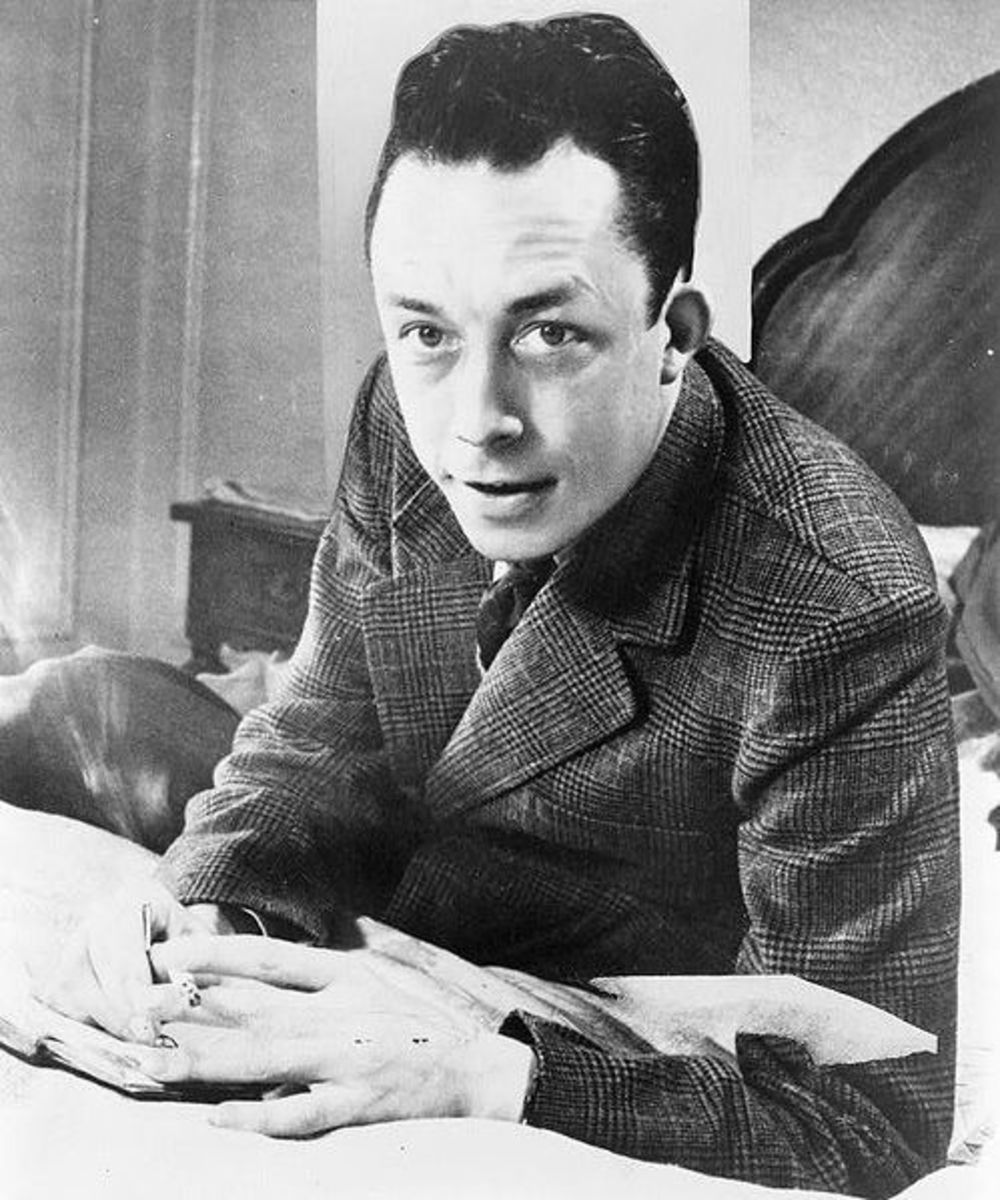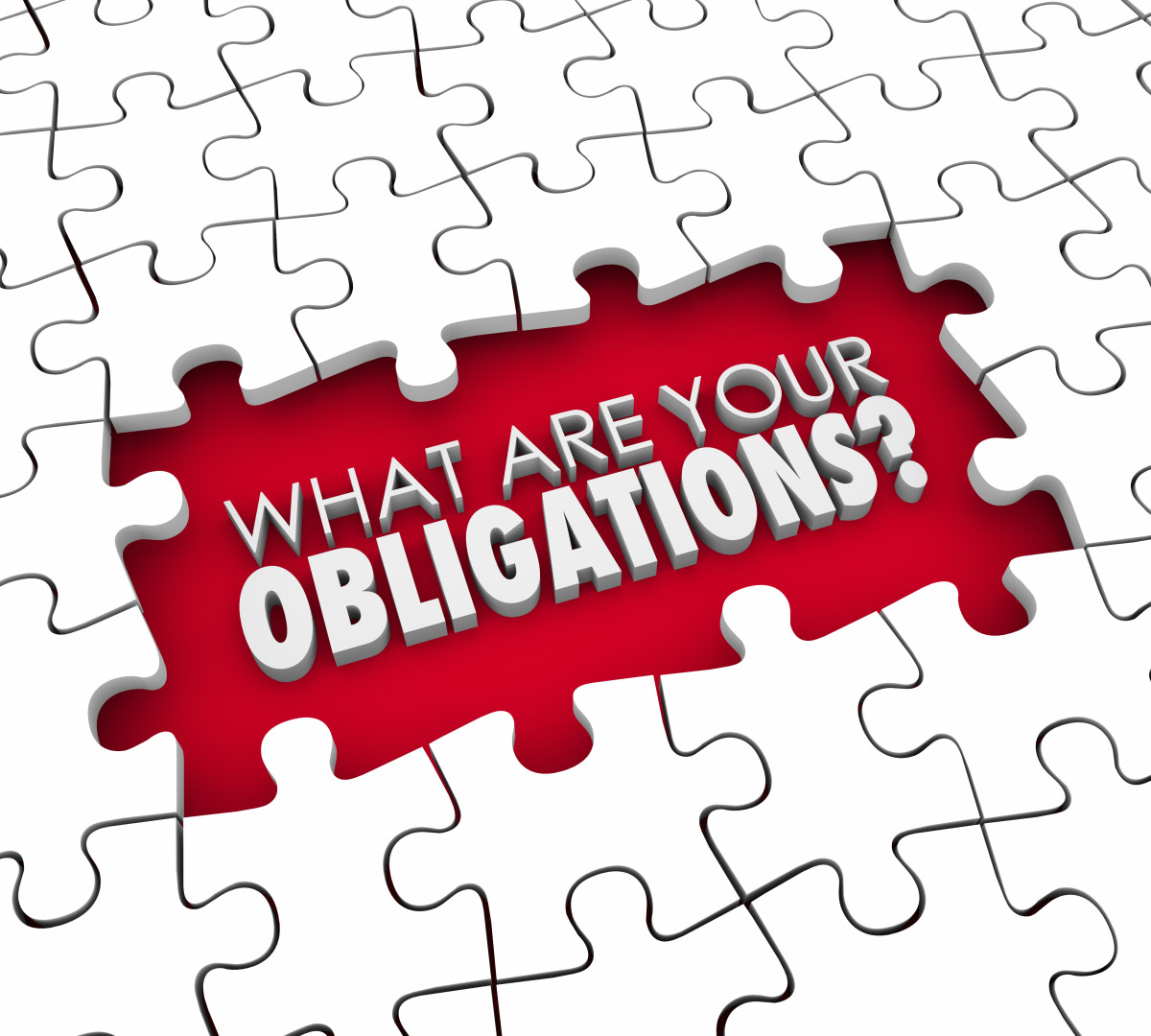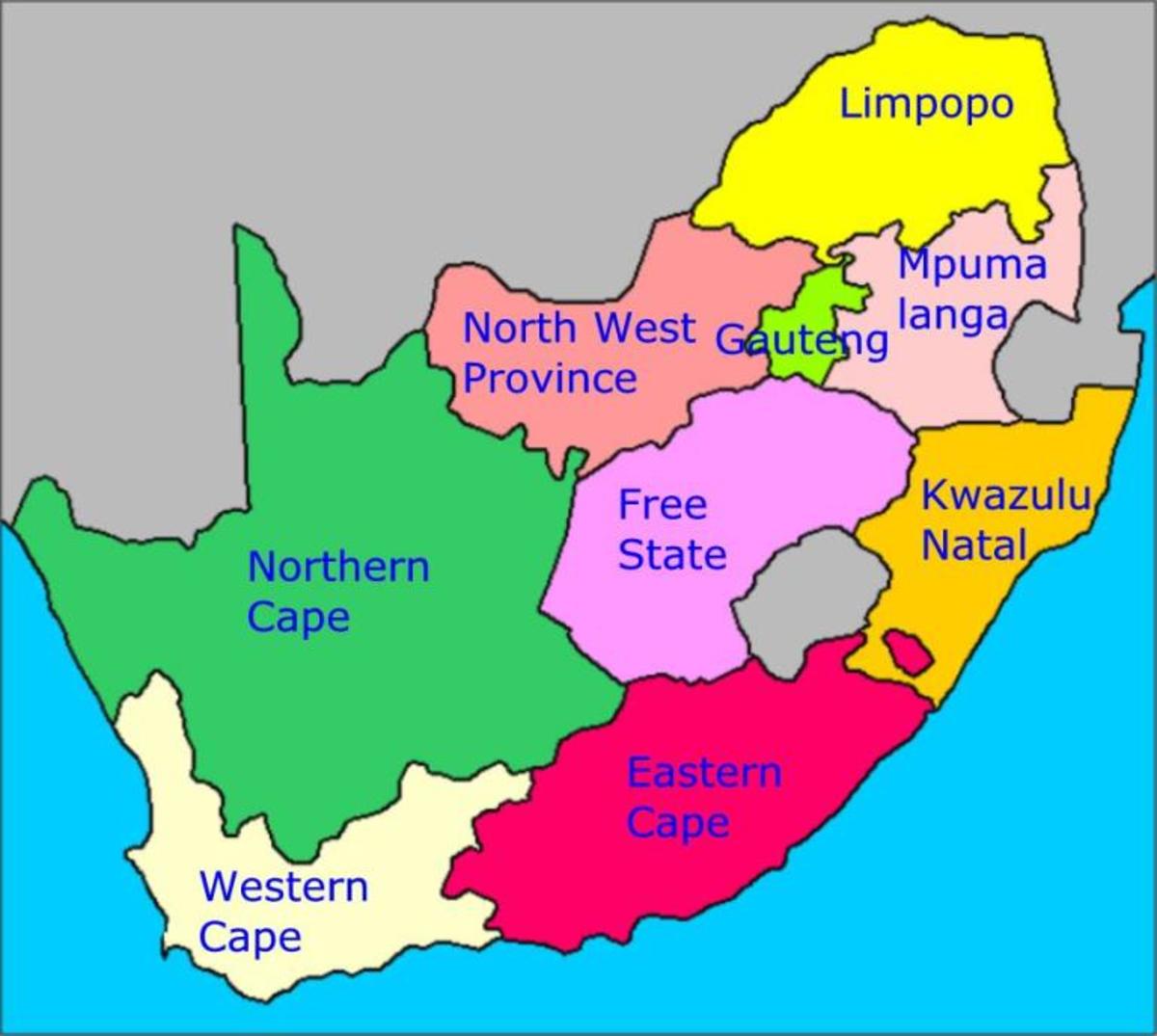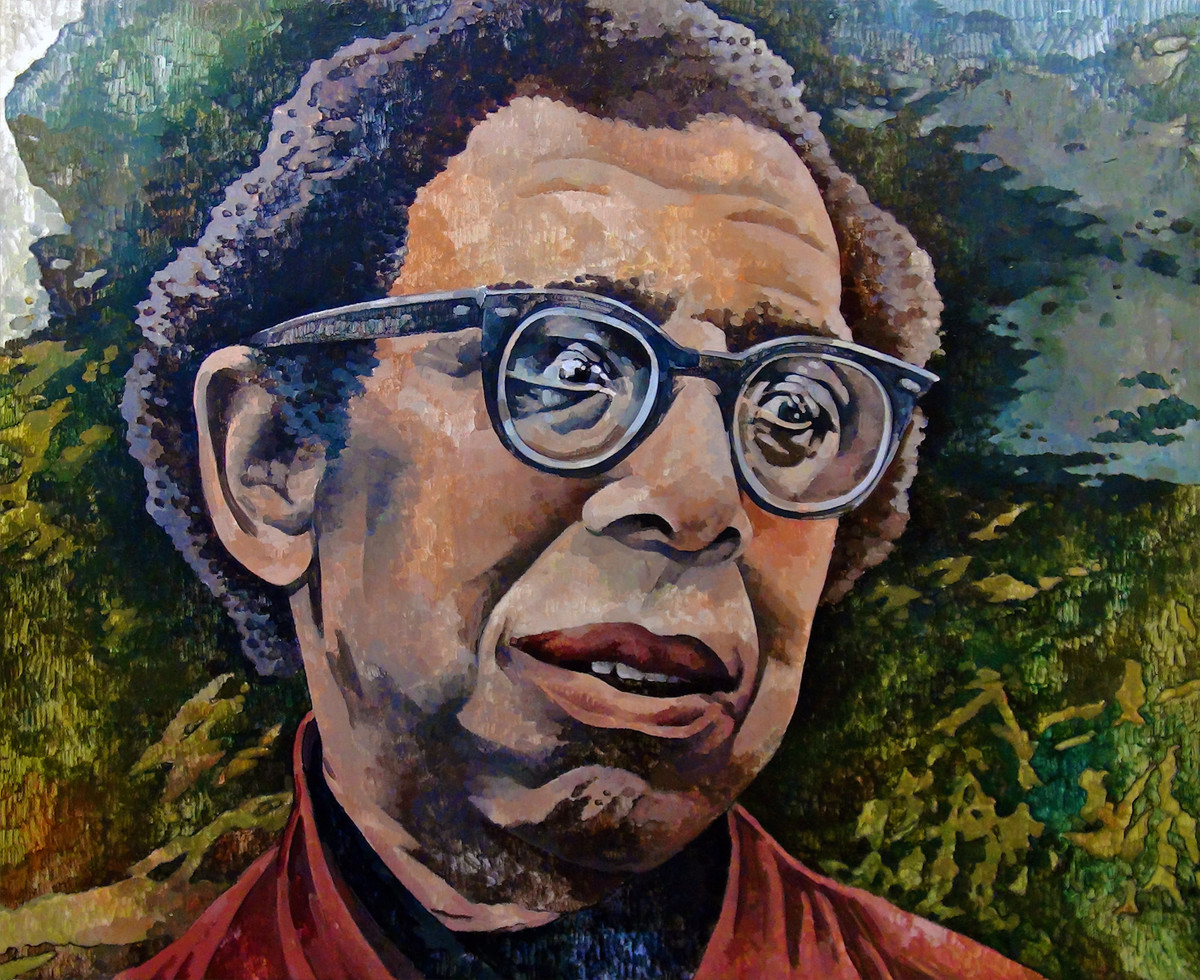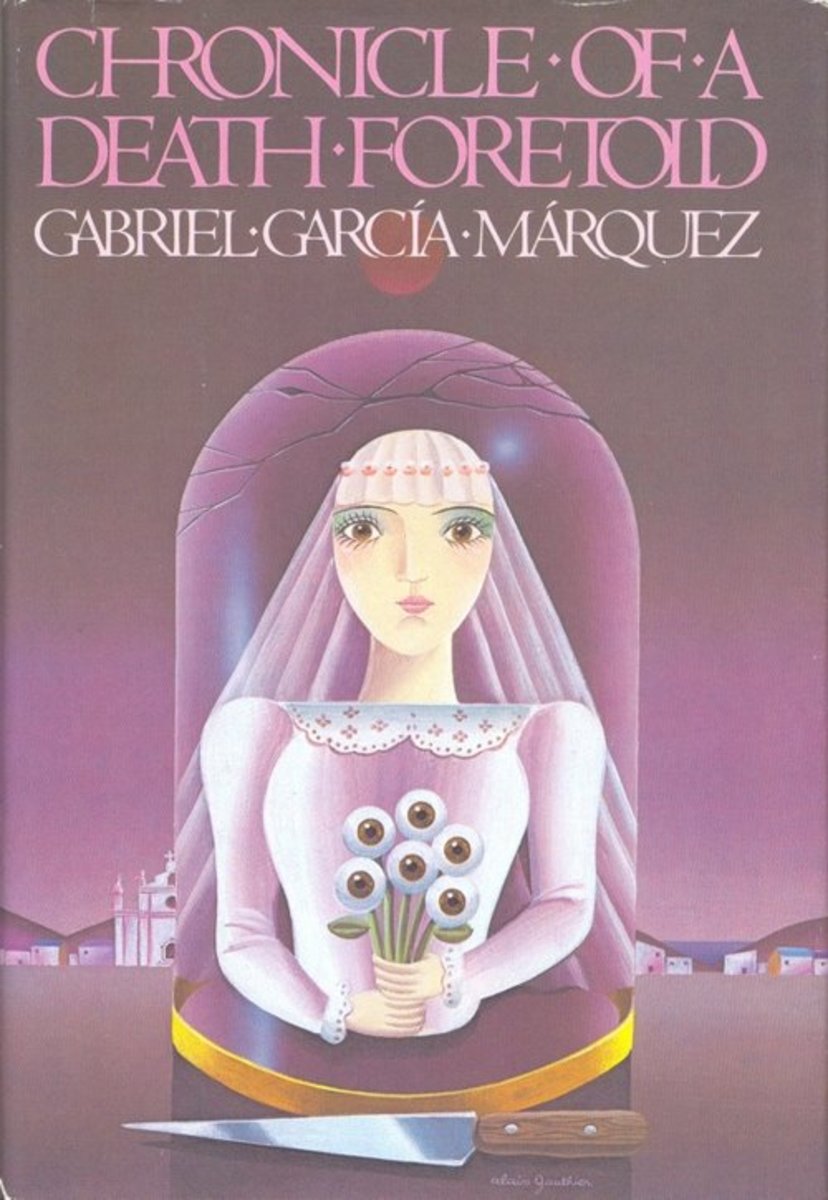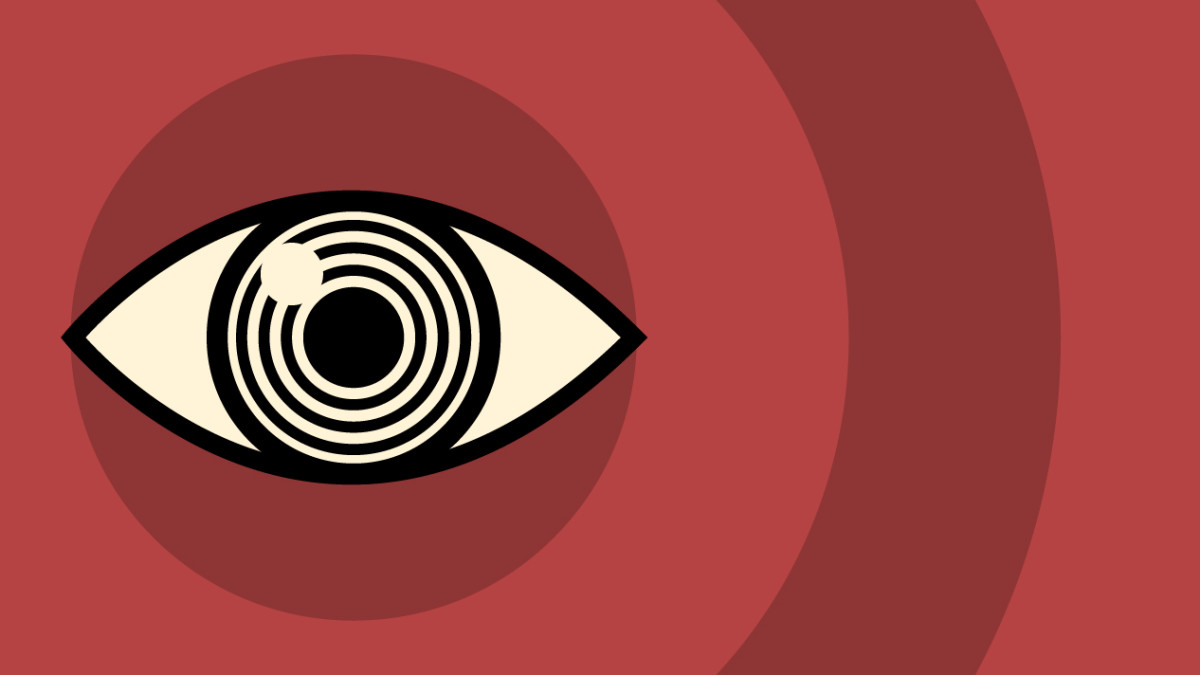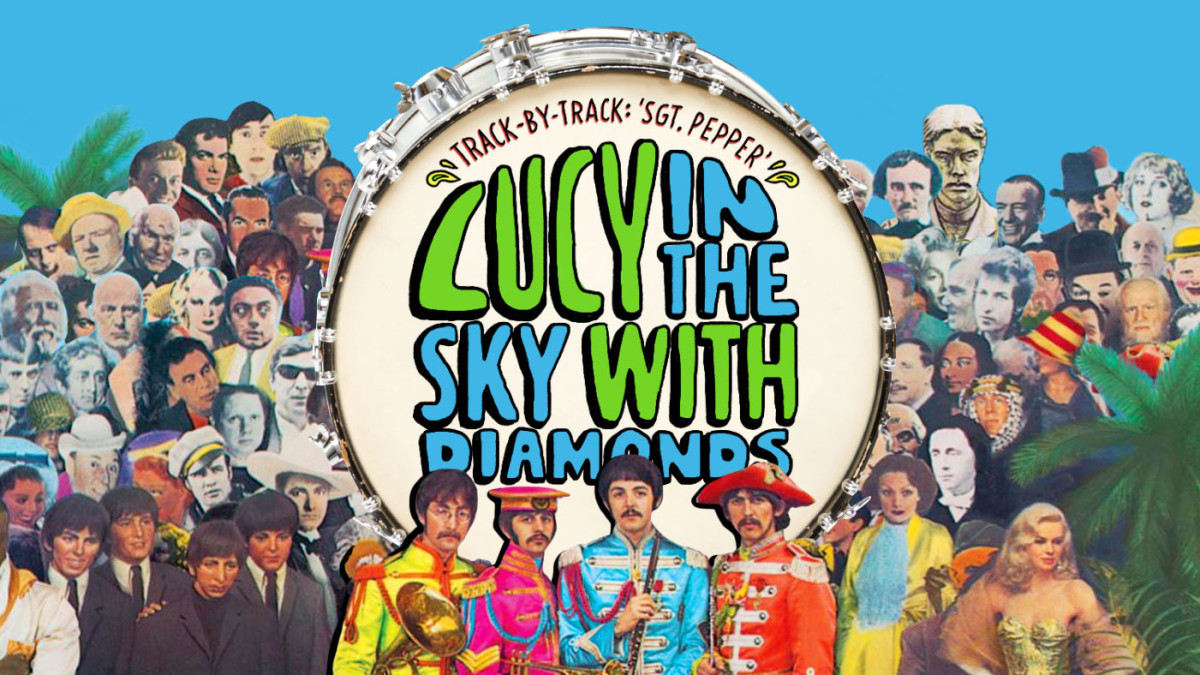The most influential books I've ever read and why?
Introduction
“Thy word is a lamp to guide my feet and a light on my path.” – Psalm 119, New English Bible.
Writely So has asked about the most influential books in fellow-Hubbers’ lives and so, being an avid and constant reader, I have taken up the challenge to try to answer her request.
Of course, a lot depends on what you mean by “influential” – is the books that have had the most influence on your thinking or behaviour? Or is the books that you think have been most influential in the world generally that I might also have read?
I have taken it to mean the former – the books that have had the biggest impact, one way or another, on me, over the years.
There are so many that I have decided to write here just about four of them. Maybe the rest will follow in a later Hub.
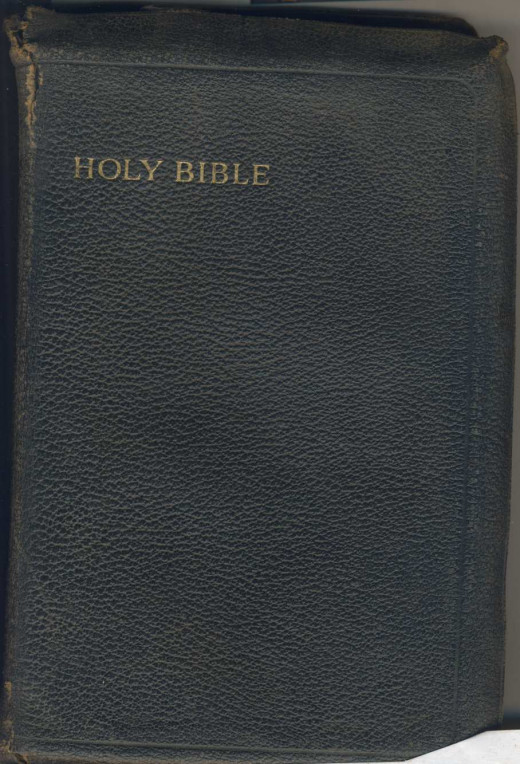
The Bible
As with anyone who grew up in Western Culture, I guess the first book I must list is the Bible, which is a whole library in itself. Whether one likes it or not, whether one acknowledges it or not, if you grew up in the West, the Bible has impacted, and is now impacting, on you and your life. Whether or not this is good or bad depends largely on how you look at the Bible. But everywhere in Western culture the Bible is in there somewhere. It’s not always easy to see, but it’s there, nonetheless.
Now I have to say up front that I do not believe the Bible is the literally dictated word of God, and that is going to get me into trouble already, I guess. The Bible is a whole collection of different writings, written for different purposes, and some of these purposes are relevant to today’s world, and some are not. Again I think it’s up to the reader, largely, to determine which is which.
Also I think the “Thy” whose word the Psalmist calls “a lamp to guide my feet” is not necessarily the Yahweh, the God, of the Bible, although admittedly that was who the Psalmist meant. I believe that as we have come to understand more and more about other religions and cultures we can find words that can guide our feet in many other works.
The Bible is so rich in imagery, so prolific in ideas, that one can study it for years without ever exhausting the treasure. And it has influenced our language, English, in many and profound ways. Because of the variety in the Bible it has been used also to justify murder, slavery, war, sexual repression, sexism, racism, revolution, you name it, the Bible says its so!
The Bible also talks about the highest aspirations of people, the deepest love, the most beautiful feelings. It has some of the most violent and bloodthirsty images and some of the most erotic. How tender and arousing are these lines from the Song of Songs, for example:
“How beautiful are your sandalled feet, O prince’s daughter!
The curves of your thighs are like jewels,
The work of a skilled craftsman.
Your navel is a rounded goblet
That shall never want for spiced wine.
Your belly is a heap of wheat
Fenced in by lilies.
Your two breasts are like two fauns,
Twin fauns of a gazelle.”
What an amazing image: “a heap of wheat fenced in by lilies!”
How could one ever look at a woman’s navel again without remembering that image of the goblet of spiced wine?
The Bible also underlies some political ideologies. Marx’s vision of a just and fair society comes from the prophetic books, which, as a Jew himself, he would have known very well, but also from certain passages in the New Testament, like the Sermon on the Mount and others.
So the Bible has to be number one in my list of influential books in my life.

James W. Douglass
I have often found in my life that I have been led in ways which are not immediately apparent. I one day saw a book on a sale table called “Resistance and Contemplation.” I have never heard either of the book or of the author, James W. Douglass, before. It was at the height of apartheid in South Africa and fear and hatred were all around. The title seemed to me to say something about our situation at the time and so, on an impulse, I bought the book. It has come to be one of the books that most influenced my life. The author addresses issues that were pertinent to me at the time and are still pertinent. How to maintain a passion and commitment to justice and liberation and at the same time being committed to a life of non-violence and respect for others. This was always a problem in apartheid South Africa – how to resist the evils of the authoritarian regime and its racist ideology without losing respect for the perpetrators, because if you lose respect for the perpetrator you are becoming like them, not having respect for others. This Douglass described as the “Yin and Yang of the Non-Violent life.”
This book placed the issues of personal integrity and social responsibility foremost. “But for a man to take responsibility in public for his society, he must have the deeper integrity to take responsibility in solitude for his own inner life.”
Douglass challenges us all to take responsibility on both levels: “Contemplation without resistance to an exploitative milieu (in which counter-culture often functions as microcosm) is not freedom but capitulation.” What a challenge that was to me back in the 1980s. “Those who live in the Way are the givers and receivers of freedom because they realise the self-denying, self-fulfilling truth that the purpose of freedom is to create it for others.”
Interestingly this book is deeply imbued with a biblical understanding of justice and mercy. I have subsequently found other books by Douglass which are equally challenging.

Alan Paton
Another book deeply imbued with biblical feelings is a wonderful book from South Africa, a classic text with a deep humanity embedded on every page. A book in which suffering and joy, love and hatred shine and do battle. I am referring to Alan Paton’s Cry the Beloved Country. This book was published in 1948, just at the time when apartheid seemed to triumph with the election of the Nationalist Party government in that year. It spoke of the pain and the fear of so many people, it touched their hearts in so many ways. The fear of the result of apartheid is eloquently expressed by the protagonist of the book Msimangu, a Zulu man, when he says of the whites: “I have one great fear in my heart, that one day when they turn to loving they will find we are turned to hating.”
The book is poetic, from its opening paragraph to the last. The opening sentences are justly famous in South African literature: “There is a lovely road that runs from Ixopo into the hills. These hills are grass-covered and rolling, and they are lovely beyond any singing of it.” I cannot read those lines without a lump forming in my throat; they are so expressive of the incredible natural beauty with which we are blessed in South Africa.
And then the final lines of the book, so poignant and expressive too: “For it is the dawn that has come, as it has for a thousand centuries, never failing. But when that dawn will come, of our emancipation, from the fear of bondage and the bondage of fear, why, that is a secret.”
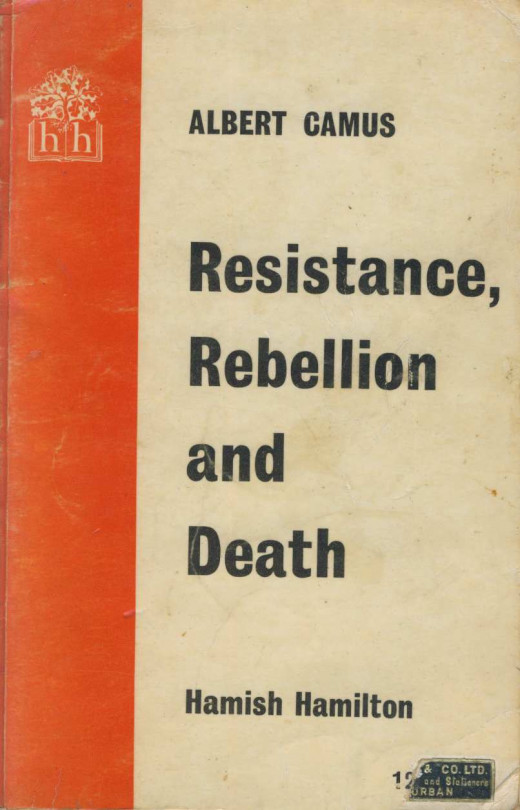
Albert Camus
While at Stellenbosch University in the mid-60s I was introduced to Albert Camus by my philosophy teacher Johan Degenaar. Camus was an eye-opener for me. In a state where the ruling racist ideology was supported and indeed promoted by many Christians, I read Camus’ impassioned words: “What the world expects of Christians is that Christians should speak out, loud and clear, and that they should voice their condemnation in such a way that never a doubt, never the slightest doubt, could rise in the heart of the simplest man. That they should get away from abstraction and confront the blood-stained face that history has taken on today.”
And again, on freedom: “Freedom is chosen today in relation to those who are everywhere suffering and fighting, and this is the only freedom that counts. It is chosen at the same time as justice and, to tell the truth, henceforth we cannot choose one without the other. If someone takes away your bread, he suppresses your freedom at the same time. But if someone takes away your freedom, you may be sure that your bread is threatened, for it no longer depends on you and your struggle but on the whim of a master.”
These were heady words to a young university student trying to understand his place in a world of injustice, a world he was just coming to see was benefitting him, not for any worth he had of himself, but simply because he was white in a world of white privilege. Powerful words which had then and still have today, great influence on my thinking and, I hope, on my acting.
Conclusion
These are just some of the great works which have been important to me in my learning and growing over the years. I take comfort in the words of Hemingway, that nothing one has read ever leaves one. I have read so much and hope that all of these are present in the words I write.


